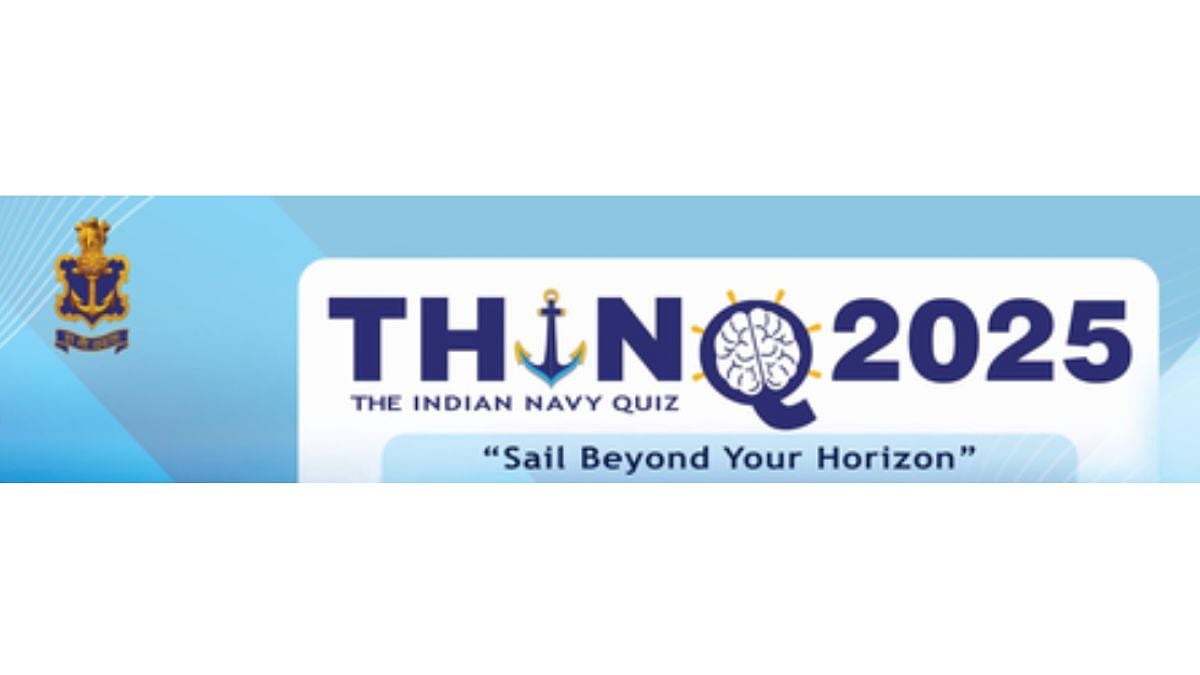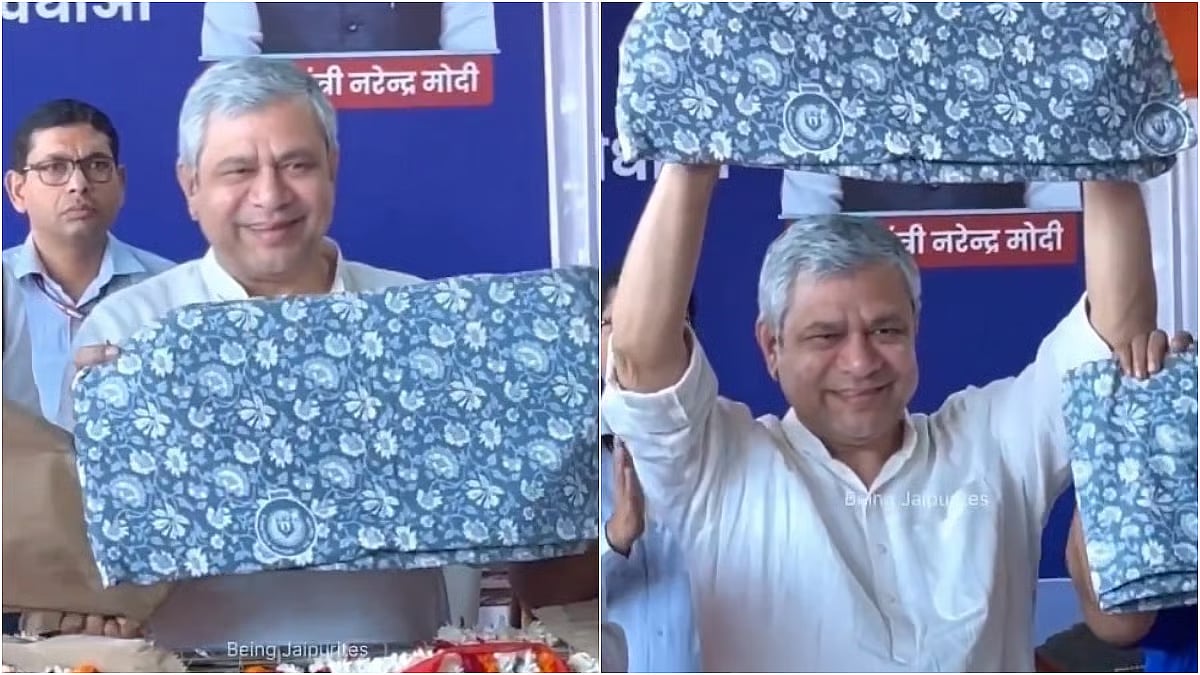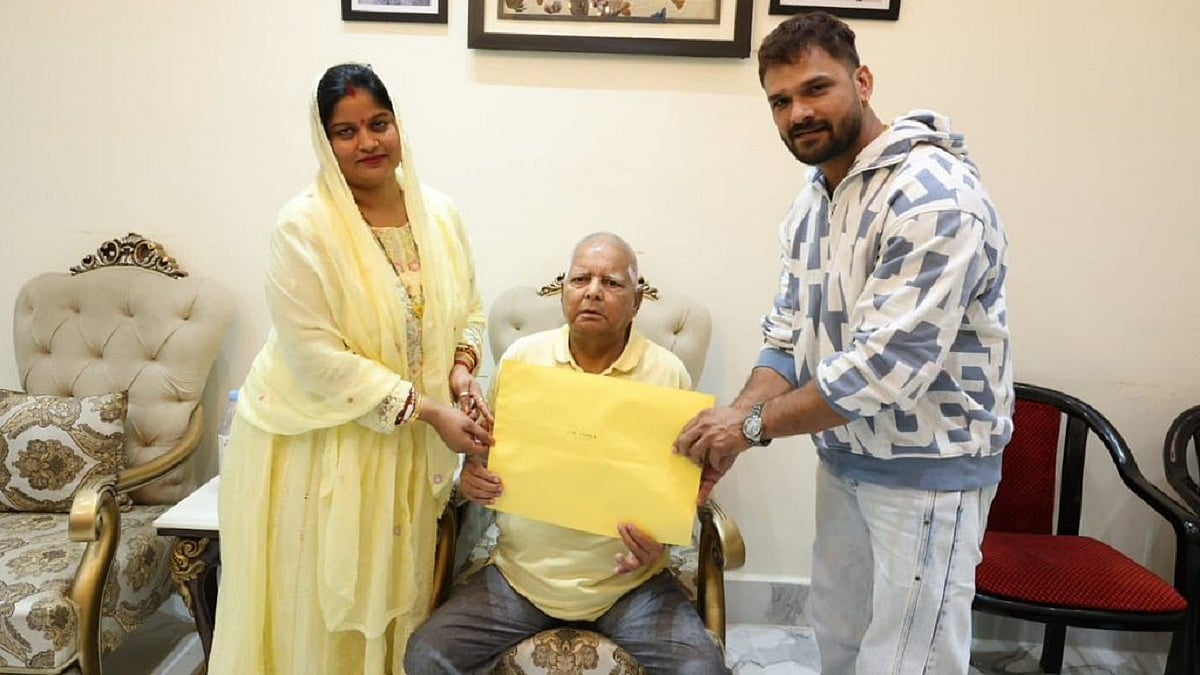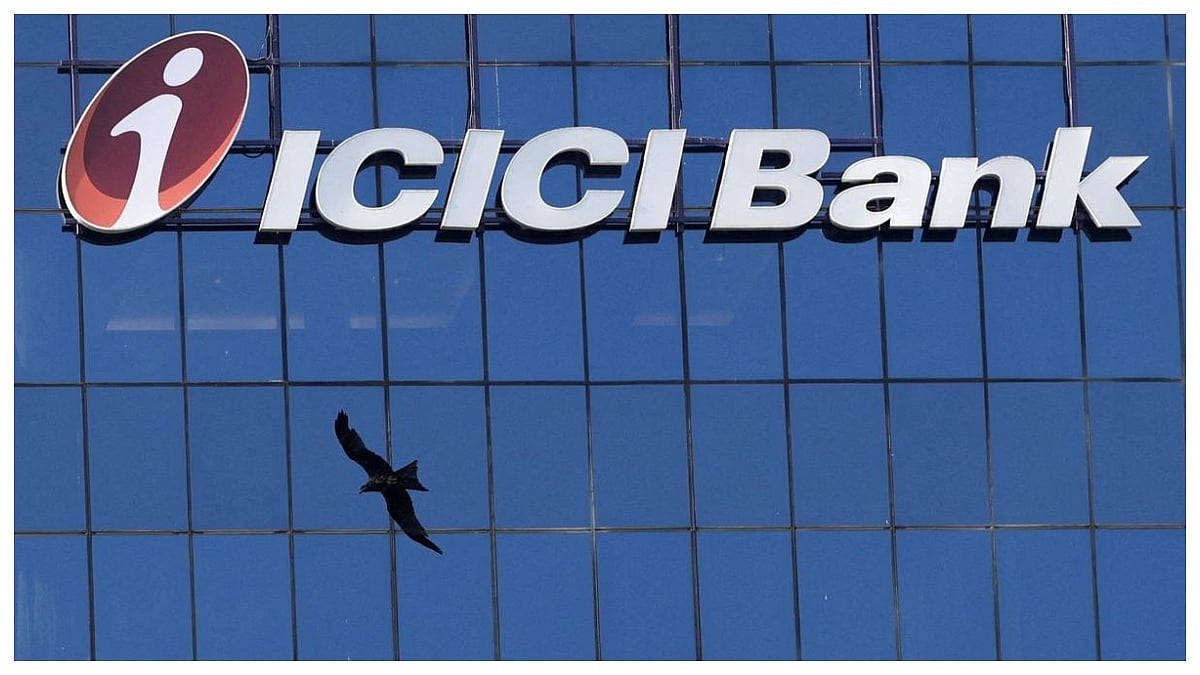When the world hit the COVID 19 pandemic in early 2020, no one knew what was in store. Irrespective of where you were in the world, people experienced the same thing. The pain, the fear, the loss, the grief, the uncertainty, the unity, everyone encountered that. So, what seemed like relief by the end of 2020 quickly reversed to an even worse state of affairs in 2021.
We had to learn a few things and unlearn more things to tide through this crisis.
1) Preparedness is a must
This concept is there in emergency medicine, fire response team, disaster management, and 2021 reminded us of its importance. During the first wave, it took time for protocols to set, nurses, ward staff and doctors to be on board, staff training, etc. As the numbers went down, many facilities closed. It was easy to reopen facilities during the second wave, and people knew what they should do.
Take home: Institutes and states should invest in preparedness training not only for doctors but also for security personnel, admin staff, nurses, and community leaders.
2) Technology is vital
Whether it is online consultations, supervision on video calls from ICU, digital / WhatsApp consent, digital rounds, live updates of cases, live tracking, WHO addressing the world, people connecting on social media and helping each other, communities built online, knowledge sharing in real-time, everything is only possible because of the advancement in technology.
Take home: Whether it is a stand-alone clinic, or a prominent institute, digitalising record keeping, patient resources, and communication is inevitable in the future.
3) Prevention works
It is better to control diabetes rather than diabetic neuropathy, retinopathy and kidney damage, similarly better to stop smoking rather than deal with COPD or lung cancer. No matter which wave, which variant, which clinical severity of COVID 19 we deal with, the basics are known and the same from the start. Masking, hand washing, distancing, isolating and, to some extent, getting vaccinated are our main tools to deal with the COVID pandemic.
Take home: Whether it is infectious diseases, preventable diseases or lifestyle diseases, prevention is always better than cure!
4) Research and knowledge sharing is important
Not knowing anything about the virus in early 2020 to having vaccines and antibody treatments and taking about boosters is a massive leap from a scientific point of view. This is partly possible as scientists from various countries share their data on open access platforms. Even from a treatment point of view, clinicians tried multiple things, and after two years, at least we know what doesn't work. Negative data is equally important. The flip side to this is the sea of misinformation that travels through, and it's panic.
Take home: Misuse of data is something we are all worried about, but the fact remains analysis of information help us understand things better. Unfortunately, India lags as research is not rewarded in routine practice. We need better solutions to incentivise research and ensure participants do not misuse the information.
5) Knowing the past helps
It was developing predictions based on old pandemics, ventilation strategies from old diseases, mutations, healthcare policies that work and that don't, the safety of old repurposed drugs all depends on knowing the past and going back to history!
Take home: Lessons learnt from the past help develop a better future!
6) Communication is key
There was panic initially with mandatory hospitalisations and isolation protocols. As the numbers increased, protocols changed, but the common factor was the fear of losing communication with loved ones. In the second wave, when hospitalisations skyrocketed, few patients we could not help. We knew they would succumb despite our best efforts. Honest doctors' opinions helped families make difficult decisions and prevent pointless interventions.
Take home: Palliative care needs to incorporate into our Outpatient, Inpatient and Intensive care departments. Looking at death and suffering as two different concepts are essential.
6) Liaisons essential
We saw many community leaders come forward and liaise with hospitals and labs to streamline hospitalisations, arrange drugs, and capping the doctor's fees of laboratory and CT charges. Even pharmacology industries had their liaisons to make new medicines available on time.
Take home: These established liaisons should be maintained and used to solve other healthcare and supply chain-related issues moving forward. So we can achieve affordable healthcare for all.
(Dr Sonam Solanki, Consultant Pulmonologist and Bronchoscopist, Masina Hospital)










